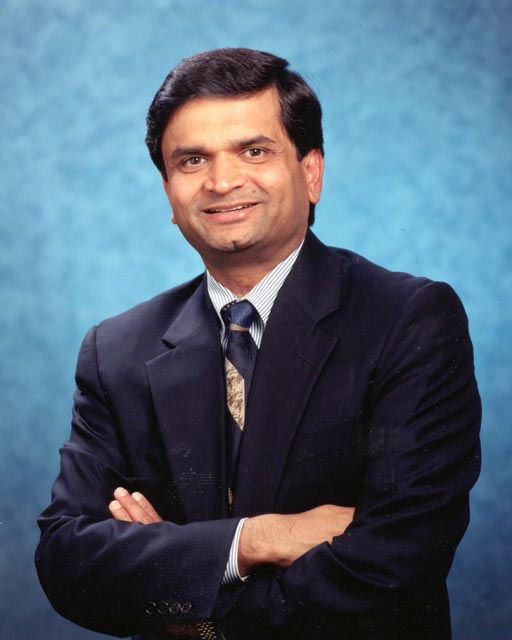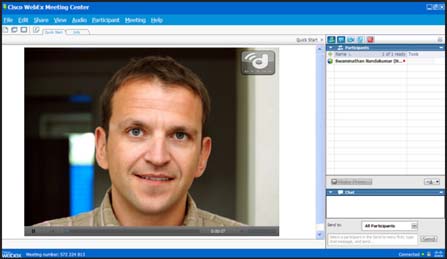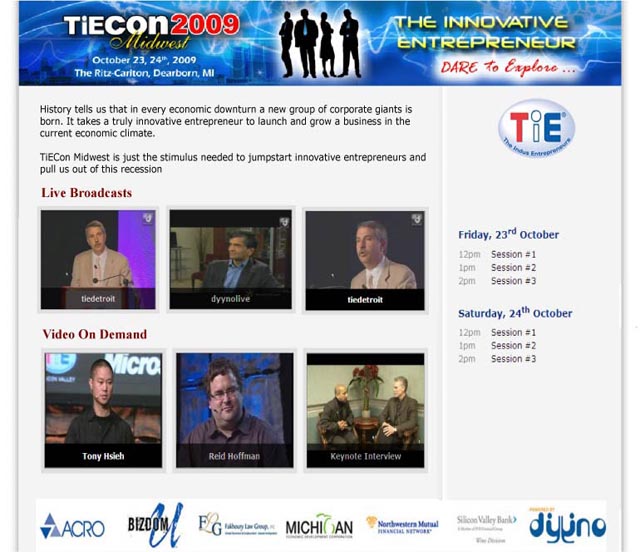
A graduate of IIT Bombay, Raj Jaswa is a serial entrepreneur who founded and took two of his companies, Opti and Selectica, public on NASDAQ. In fact, Selectica had a peak market cap of $ 5 billion.
So how do you top that? The magic word may well be Dyyno!
As CEO and president of Dyyno Inc., Jaswa predicts it will be his biggest company yet.
Dyyno is a tech innovation birthed by some superior minds at Stanford that could revolutionize video distribution on the web, by empowering big and small groups with their own video channel for live blogging, as it can broadcast straight from the computer to tens of thousands of people. No IT expertise is needed and the cost is ten times less than that of traditional solutions, he says.
Conceptualized by a technical wiz team which includes key researchers from Stanford University Multimedia Labs, Dyyno may well put video technology within the pockets of ordinary mortals with its web platform for instant sharing of video, audio and applications. Once installed, users only need to “drag the ‘d’” – the Dyyno icon – onto the desktop application or stream they want to broadcast and then click “share” to instantly share their content, even in real time, on their own personal channel.
The Dyyno video sharing platform is powered by a proprietary, patent-pending, hybrid reliable streaming (HyReS™) technology. It already services gaming portals such as ProjectLiveStream, the live video game broadcasting portal with more than a million views monthly. There are also commercial deals with five other major gaming portals as with Cisco-Web Ex to use Dyyno as a plug-in for web conferences.
Dyyno raised $ 7 million from Artiman Ventures and Startup Capital Ventures and aims to challenge competitors like YouTube and Ustream in the marketplace.
“I’m a serial entrepreneur,” admits Jaswa. “I love entrepreneurship. I love all aspects of building companies from nothing to something.” A graduate of IIT Bombay, he got a master’s degree in electrical engineering from the University of Toronto and an MBA from Stetson University in Florida.
After working with General Electric Company and Intel, he jumped into entrepreneurship. In 1988, he co-founded Opti, which went on to become the world’s largest supplier of PC chipsets with a peak market value of $350 million in the 90’s.
He started Selectica in 1996 and took the company public for a market capitalization of $5 billion in 2000, going from 2 employees to 800. A strong believer in entrepreneurship, Jaswa has also served as the president of the Silicon Valley chapter of TiE, the global organization for entrepreneurs.
Starting new companies is a passion but the going was not always easy. “Starting our first company was very scary because we had no venture capital, we personally had no money either – each of us had $30-50,000 in the bank; we had decided to start a company but we had no idea how to sell, how to market, we just didn’t know what it meant to actually build a company.”
The learning curve and the hard work paid off. He remembers his excitement when in 1988, on a flight from Hong Kong, he was browsing The Asian Wall Street Journal and saw Opti listed in the NASDAQ stocks. The fact that the name of his company was in global newspapers and that people were actually buying the stock, he says, was an unbelievable feeling.
The idea of creating new entrepreneurs has always appealed to Jaswa and he points out that Opti helped bring the cost of motherboards down, so that any engineer in a garage could make a PC. He says, “I love to democratize and just open up opportunities to help people to build their own businesses.”
Entrepreneurship is full of surprises and some unbelievable successes. He recalls that during the Selectica road show when the company was being taken public, the investment bankers had put him on a first class flight from Paris to San Francisco. As luck would have it, on this 14 hour flight he was sitting next to the president of Louis Vuitton who commuted from Paris every week.
Jaswa believed in Selectica so much that by the time they landed in San Francisco, he had convinced the president, whom he had never met before, to seal a $ 4 million deal for Selectica products. He says, “To me, it’s amazing that you can consummate a sale like this on a plane!”

Asked for the special qualities that an entrepreneur needs to succeed, he says: “I would say that optimism has to be No. 1 because when somebody is starting a company they have a lot of challenges and very little support system. So the support system has to come from an inner belief in themselves and in their own ability.”
Now, he’s back to being an entrepreneur with his new startup, back to a staff of 20 people and a belief in an exciting new technology which has taken over seven years to develop.
He says that Dyyno has huge implications for India, where travel is always difficult, and where SMS has picked up much more than in any part of the world. “My belief is that India should embrace this technology for distance learning and other fields where much higher quality content has to be contributed in a much more interactive way. I would think there are all sorts of opportunities to leverage this low cost, widespread distribution of live casting across the globe.”
For Jaswa, the high comes from making this technology accessible to regular people – be it community groups or small businesses. The Chinmaya Mission in India, for example, has used Dyyno for broadcasting the lectures of its gurus across the globe.
“To me, the biggest pleasure of Dyyno will be when ammas all over the world can watch their favorite gurus, when students can listen to professors at Stanford while sitting in a village in India,” he says. “When that level of communication starts happening, and democratization of access starts happening, then I think we’ve done our job.”
© Lavina Melwani

